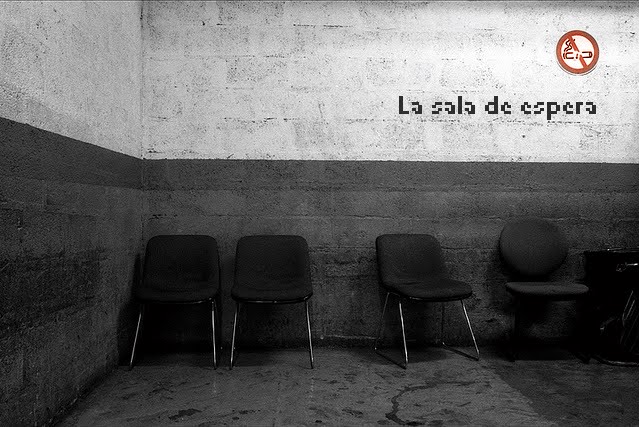A number of experiences, particularly during my childhood in the Far East during the Second World War, encouraged me to regard the human race as potentially dangerous. People brought up in the comfortable suburbs of west Europe and North America tend to think that human beings are at heart governed by a kind of enlightened self-interest; that they are thoughtful and humane above all. I'm not sure that is true. If you look at the behaviour of, say, the warring factions in Iraq at the moment with their endless suicide bombings and terrible carnage, or the civil war in the former Yugoslavia, where the most incredible brutality and ethnic cleansing took place, or if you go back to the Second World War in Europe, when tens of millions died in the most brutal way, I'm not convinced that human beings can be trusted beyond a certain point. I think they are quite capable in the right, or rather the wrong, circumstances of behaving irrationally.
About two years ago there were riots in an IKEA store near the North Circular Road in London. People abandoned their cars and were fighting over sofas. Football hooliganism has been a terrible stain on the national character, and it could come back.
We have a sort of
Passport to Pimlico view of social behaviour in this country. It's an Ealing-comedy,
Dad's Army view of the world: we laugh, but forget that in the real world there is a war going on too. We like to think of England as big brown teapot with a nice tea cosy over it but actually we should remember that there isn't always tea in the pot. Sometimes it's something a little stronger. If you believe that England is all cricket grounds and villages and cycling to evensong, you're going to find the nation I describe in Kingdom Come about as soothing as a punch in the face.
The English are great actors, and we're all performing roles whether we're aware of it or not. We don't have the sort of frankness and openness of the Australians, or Americans or Canadians. In England there's a very complex social landscape dominated by the class system, which still seems to be very strong. Here people tend not to say what they think. We behave like passengers on a crowded aircraft, or, if you like, a crowded lifeboat: we put on a face that is designed to lower the temperature, allowing everything to carry on without too much discomfort. The trouble is that this hides the underlying truth about what we feel. Look at how the English are notorious for their pleases and thank yous. If you're paying for a thing, you don't need to say thank you. But what the surface politeness actually does is hide an underlying aggression and unease. It is all to do with our desire to paper over the cracks – and there are a lot of cracks.
The whole social landscape of England is changing tremendously, and particularly around the big motorways. Not that the people who work in newspapers and television ever visit these areas. They come back from their cottages in the West Country and they look down from the M4 at places like Staines and Slough and Hounslow and they give a shudder and drive on.
There's a belief that you've got to dip a toe into the waters of psychopathology to provide the kind of high-tension excitement people need, because everyone in the consumer world is very bored. This is the thing about suburbia: there's enormous boredom, and we've reached the stage where people need something a little frightening, a little deviant, to take notice. There's definitely something in the air. Compare, say, TV programmes like Inspector Morse, which had a gentleman detective sipping his pint and listening to Mozart as he solved a crossword puzzle, and something like CSI, where you're looking at a corpse on an autopsy table, and ribcages are being opened like suitcases. Violence and madness have a huge appeal, and it'll move into the area of politics sooner or later too.
The enemy of creativity today is that so much thinking is done for you. The environment is so full of television, party political broadcasts and advertising campaigns, you hardly need to do anything. We're just drowning under manufactured fiction, which satisfies our need for real fiction.
Cyril Connolly said that the greatest enemy of creativity is the pram in the hall, but for the real novelist the pram in the hall is the greatest ally – it brings you up sharp and you realize what reality is all about. That and a couple of large Scotches.
The Drawbridge Quaterly, Issue 05, Freedom, Summer 2007


